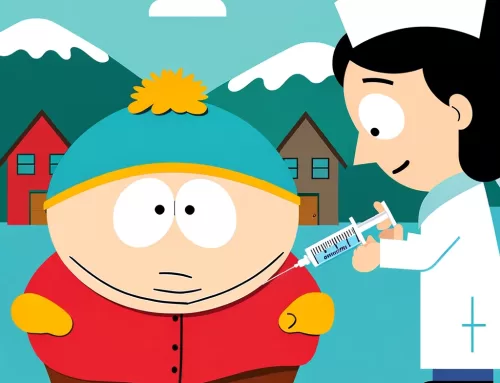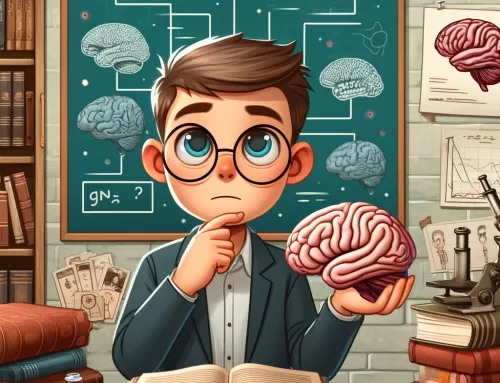 Why do mental health professionals diagnose mental illness by medical observation and not by something more definitive like a blood test or a brain scan? It’s often pointed out that illnesses like cancer or diabetes have blood or urine tests, scans, and so forth. So why not mental health issues?
Why do mental health professionals diagnose mental illness by medical observation and not by something more definitive like a blood test or a brain scan? It’s often pointed out that illnesses like cancer or diabetes have blood or urine tests, scans, and so forth. So why not mental health issues?
Genetic testing can offer insights into the biological underpinnings of mental illnesses, but it’s important to understand its capabilities and limitations. Many mental illnesses, such as depression, bipolar disorder, and schizophrenia, are believed to have a genetic component, but they are also significantly influenced by environmental factors.
Currently, there isn’t a single genetic test that can diagnose a mental illness outright. This is because most mental illnesses are polygenic, meaning they are associated with the effects of multiple genes in combination with lifestyle and environmental factors. However, genetic testing can sometimes identify specific genetic variations that may increase the risk of developing certain mental illnesses.
For example, genetic tests might look for specific markers that have been associated with a higher risk for conditions like schizophrenia or bipolar disorder. But the presence of these markers does not guarantee that a person will develop the condition, just as their absence does not guarantee immunity.
In clinical practice, genetic testing for mental illness is more commonly used in the context of pharmacogenomics, which studies how genes affect a person’s response to drugs. This type of testing can help tailor medication choices to the individual’s genetic makeup, potentially improving treatment outcomes and reducing side effects.
It’s also worth noting that genetic counseling can be a crucial part of the process, helping patients and families understand the results of genetic tests and their implications.
Due to the complexity and ethical considerations surrounding genetic testing for mental illnesses, it’s usually pursued under specific clinical scenarios and with professional guidance. It’s essential to have a thorough discussion with healthcare providers to understand the potential benefits, limitations, and implications of genetic testing in the context of mental health.
Podcast: Is There a Genetic Test to Diagnose Mental Illness? Featuring the Director of the National Institute of Mental Health (NIMH) Dr. Joshua A. Gordon
The executive director of the National Institute of Mental Health, Dr. Joshua A. Gordon shares current research, explains the limits of scientific testing, and answers why there isn’t a more definitive test for disorders like bipolar, depression, schizophrenia, and so on in the below Podcast.
“Simplifying can be useful because it helps us understand fundamental concepts. Genes cause mental illness. That’s true, right? But it’s also not wholly accurate. It doesn’t tell the whole story. The whole story is genes contribute to mental illness, but so does trauma. So does infection in pregnancy. So does stress because you lost a job. All those different things contribute to mental illness. We have to be able to let some of that complexity. Because if all that we do is focus on genes, we’re going to be missing a big part of the story.” ~Dr. Joshua A. Gordon




